No products in the cart.
The Digital Supply Chain Ecosystem
$9.50
The approach, in this book, leaves heavy technology complexity and details to technologists Likewise, it will leave mathematical and statistics complexity to data scientists. The approach favors a relatively simple and intuitive explanations in some areas, but also in-depth explanation regarding functionality and capability dimensions of supply chain technologies, helping technology strategists and supply chain managers make informed decisions without compromising their critical and limited resources, which is time. However, references and valuable resources will be highlighted at the end of each chapter for those who need to dive further into topics. Finally, the book suggests 21 case studies related to the integration of supply chain technologies in various industries. Most of these cases can be accessed through Harvard Business Publishing.
Product Description
Digital supply chains are on the move. This digitalization is already powered by established technologies like EDI, Cloud-ERP, and RFID. The combination of established and emerging technologies such as Artificial Intelligence and Machine Learning (AI/ML), Internet of Things (IoT), BlockChain, PaaS based Cloud, and Data Analytics will automate supply chains, making them more efficient and propel them to an era of self-learning/self- adjusting/self-driving. These technologies will generate a torrent of data, created by myriad of digital devices, transactions among business partners, and people-object interactions across the ecosystem. Central to the supply chain digitalization is data analytics (e.g., analysis, prediction, prescription) and insight generation.
The adoption and deployment of emerging technologies will digitalize and transform further supply chains, leading to platform-mediated ecosystems where market players will interact digitally in an open market without any hierarchical chain of command.
The approach, in this book, leaves heavy technology complexity and details to technologists. Likewise, it will leave mathematical and statistics complexity to data scientists. The approach favors relatively simple and intuitive explanations in some areas, but also in-depth explanation regarding functionality and capability dimensions of supply chain technologies, helping technology strategists and supply chain managers make informed decisions without compromising their critical and limited resources, which is time. Finally, the book suggests 21 case studies related to the integration of supply chain technologies in various industries. Most of these cases can be accessed through Harvard Business Publishing.

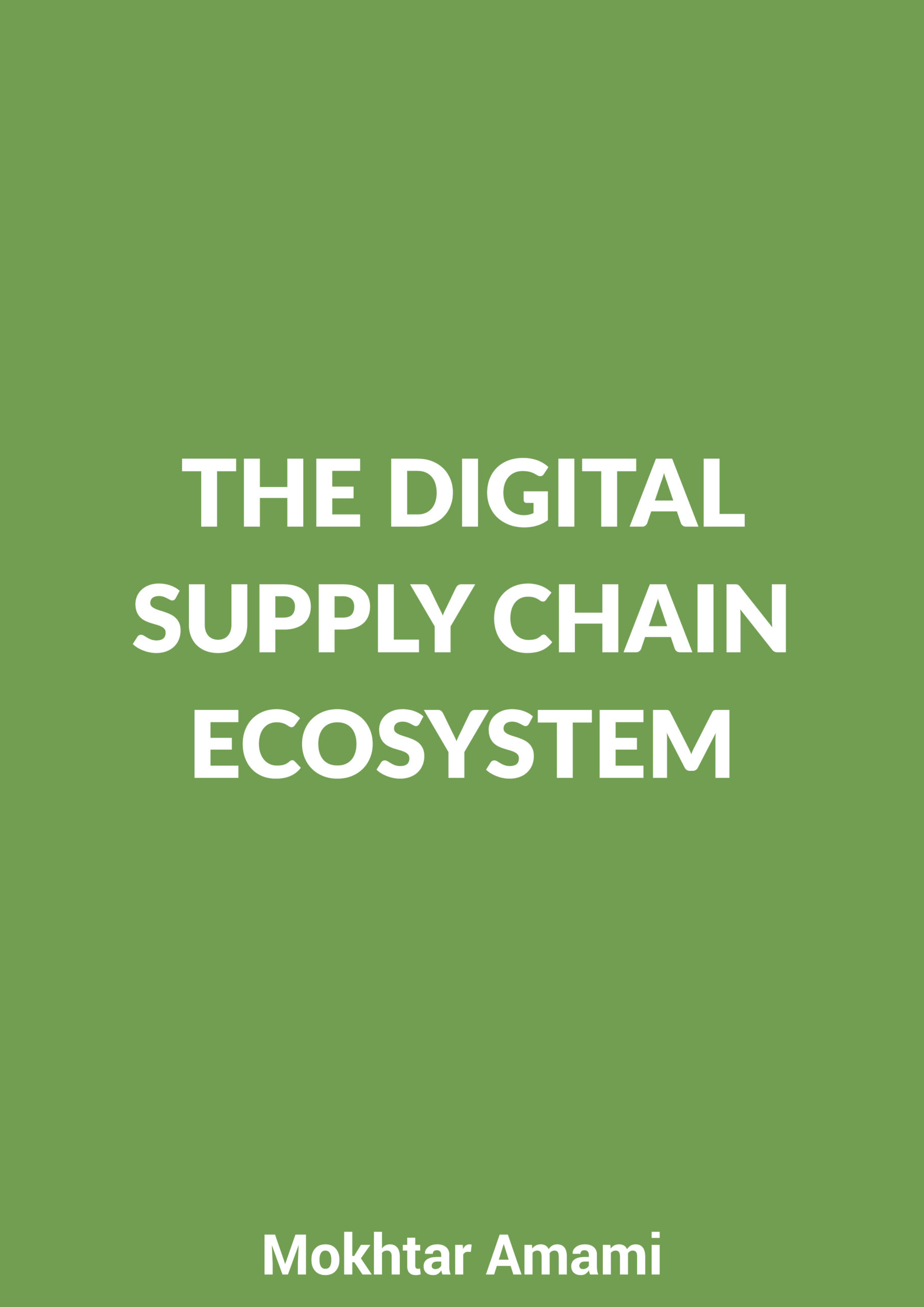
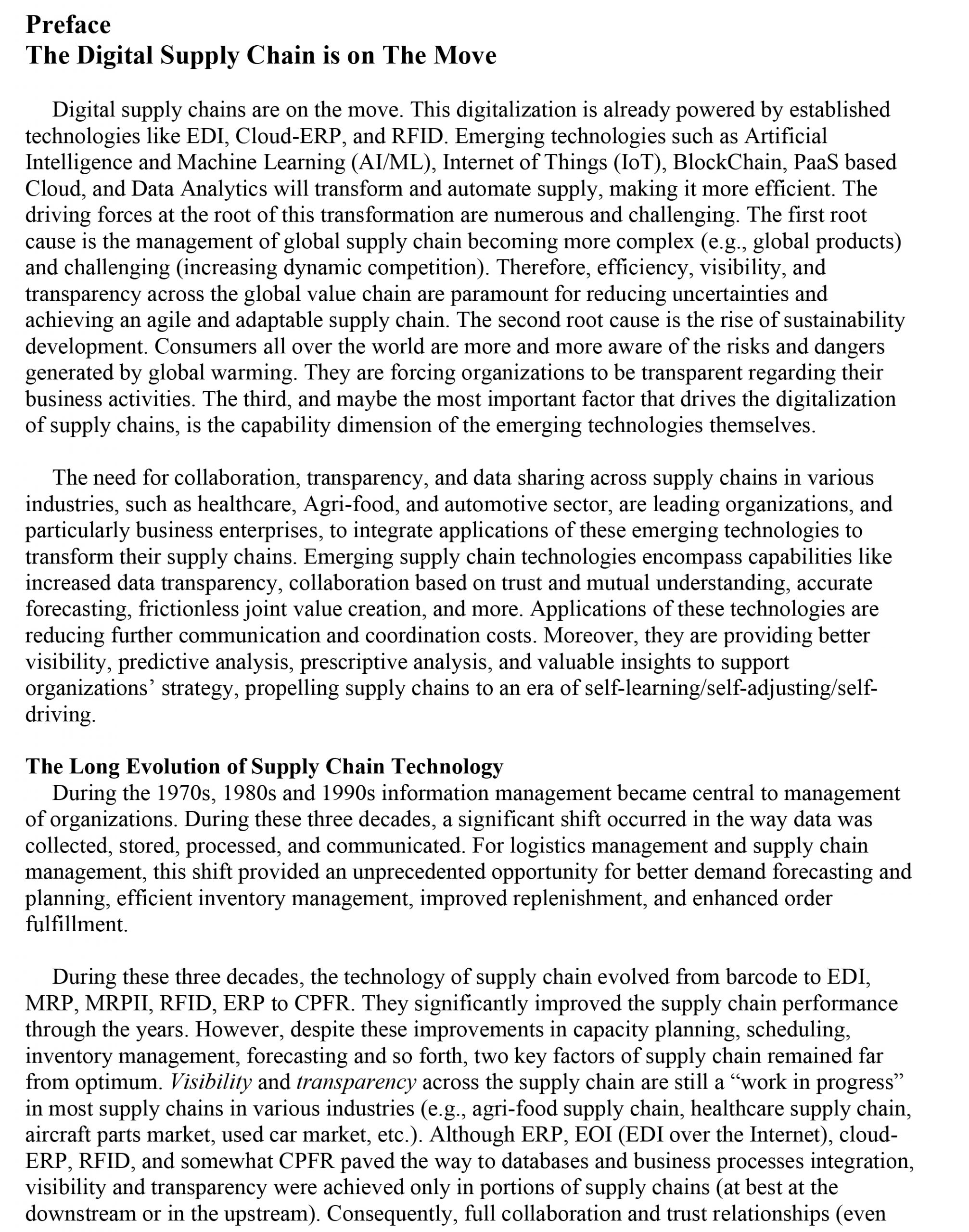
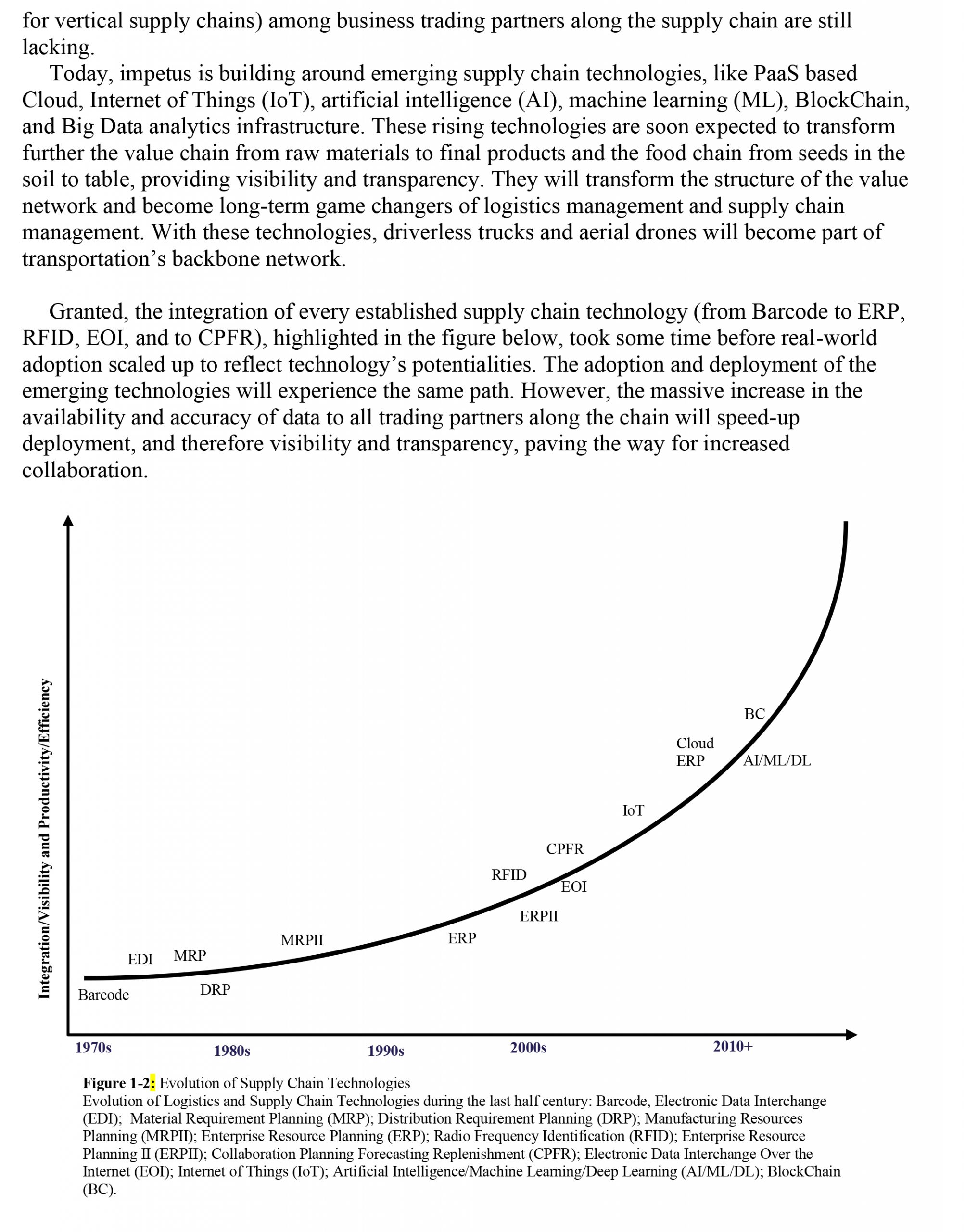
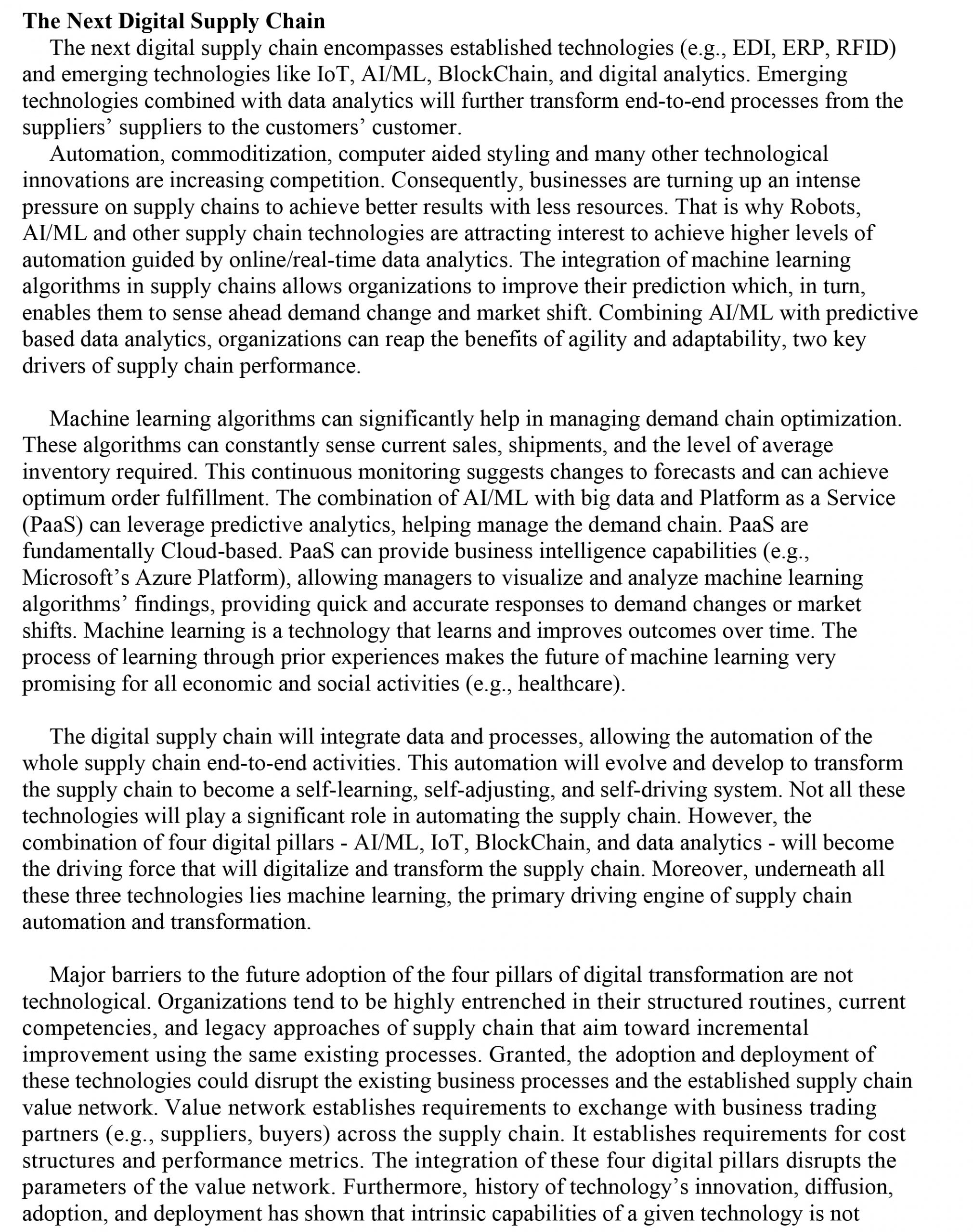
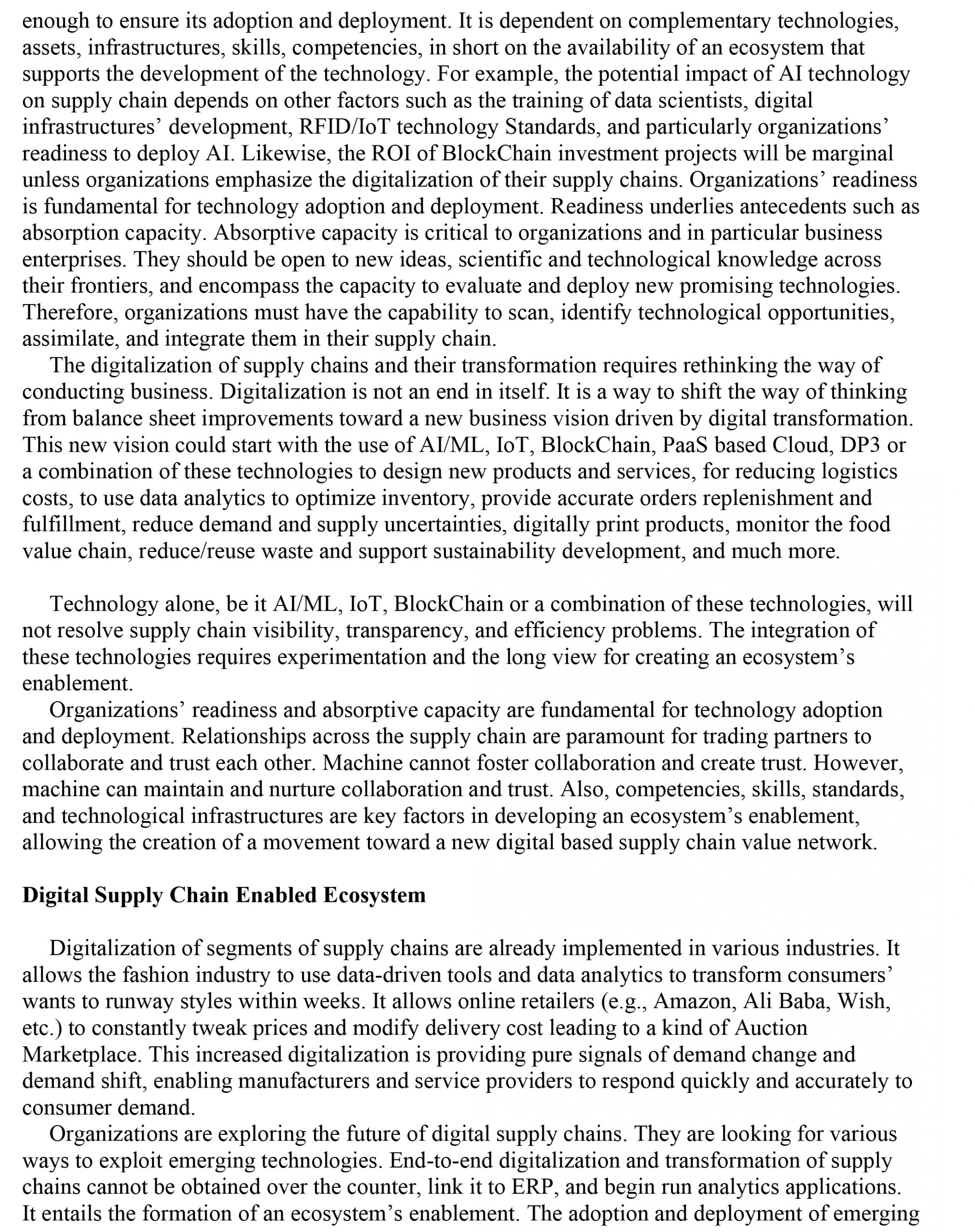
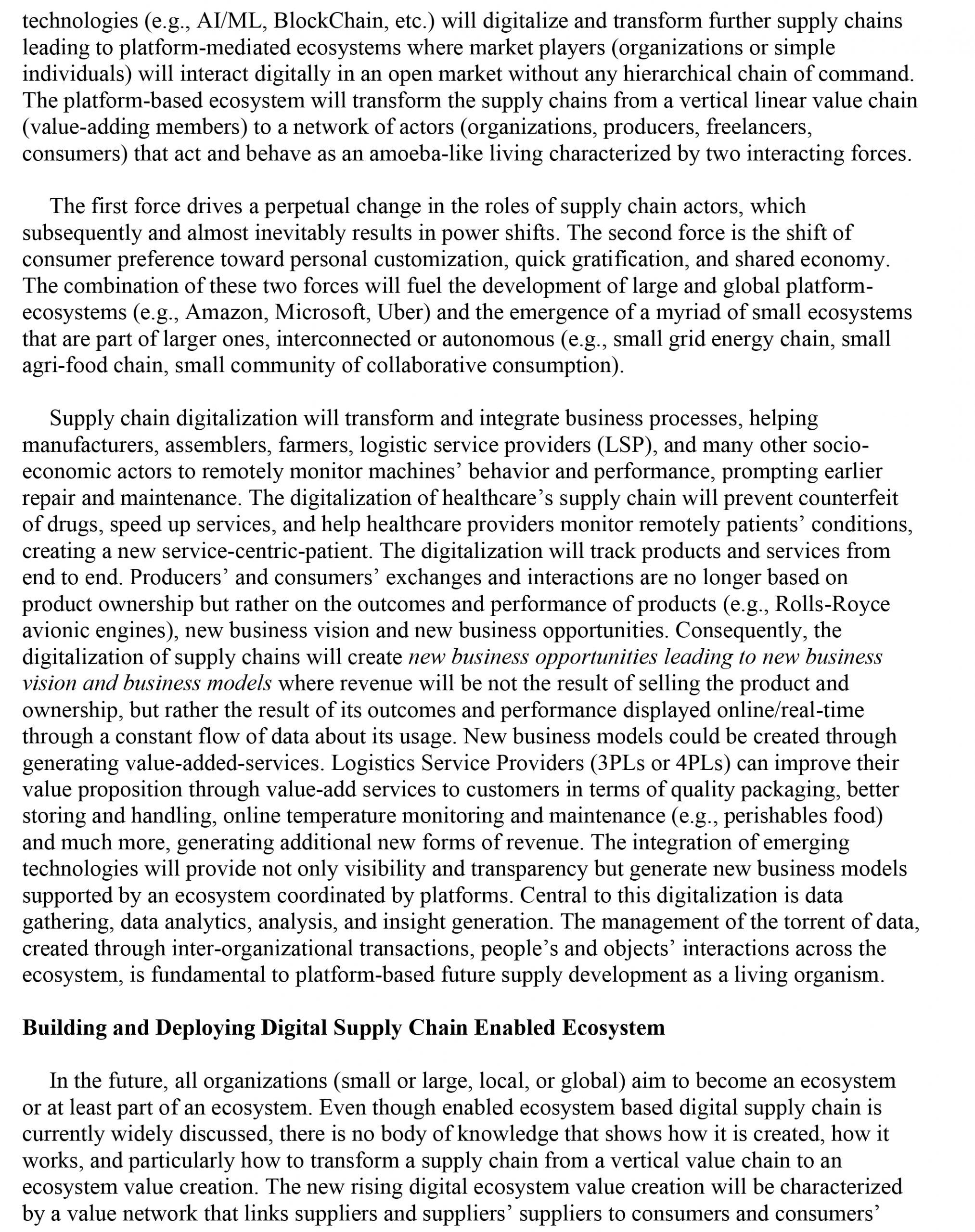
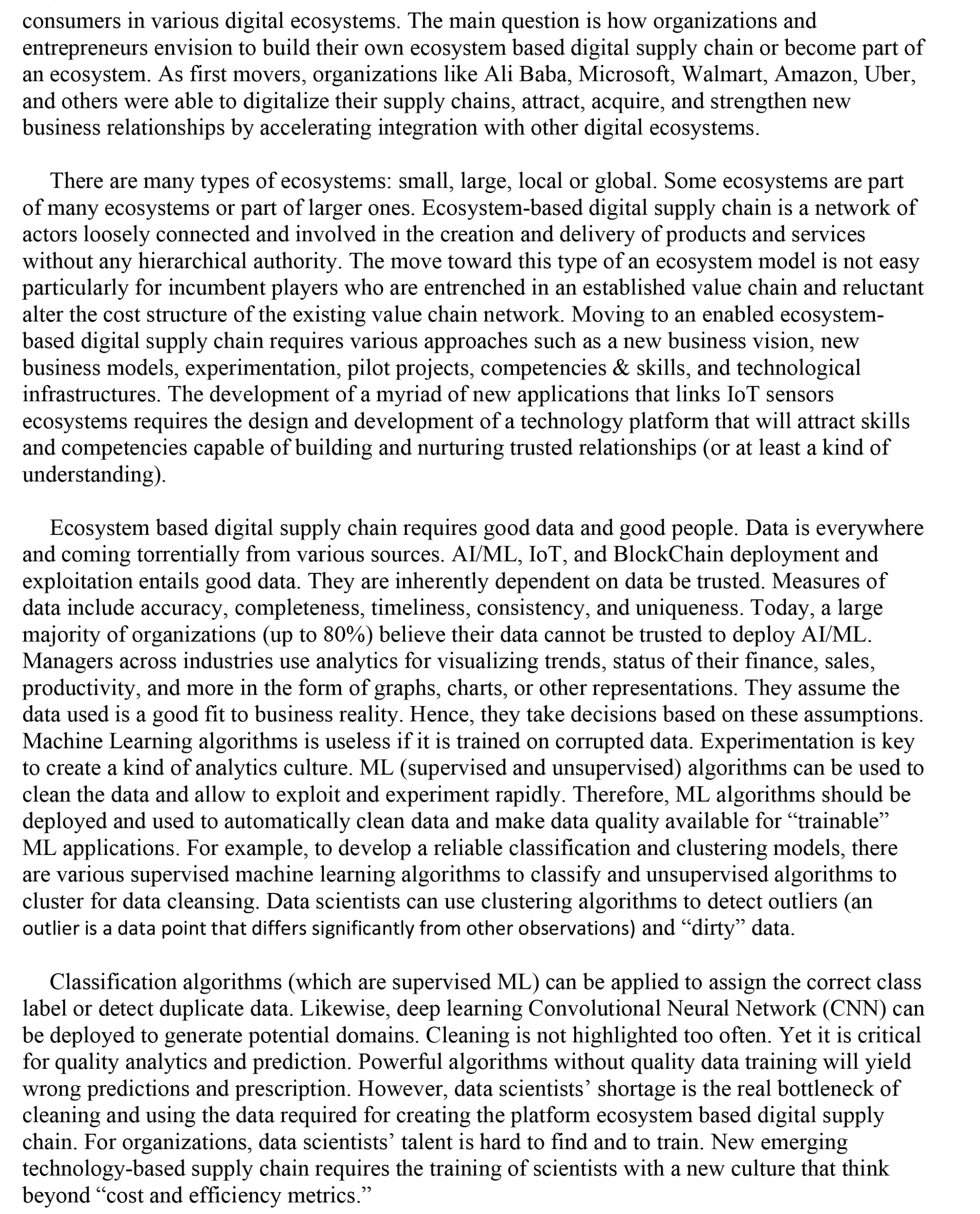
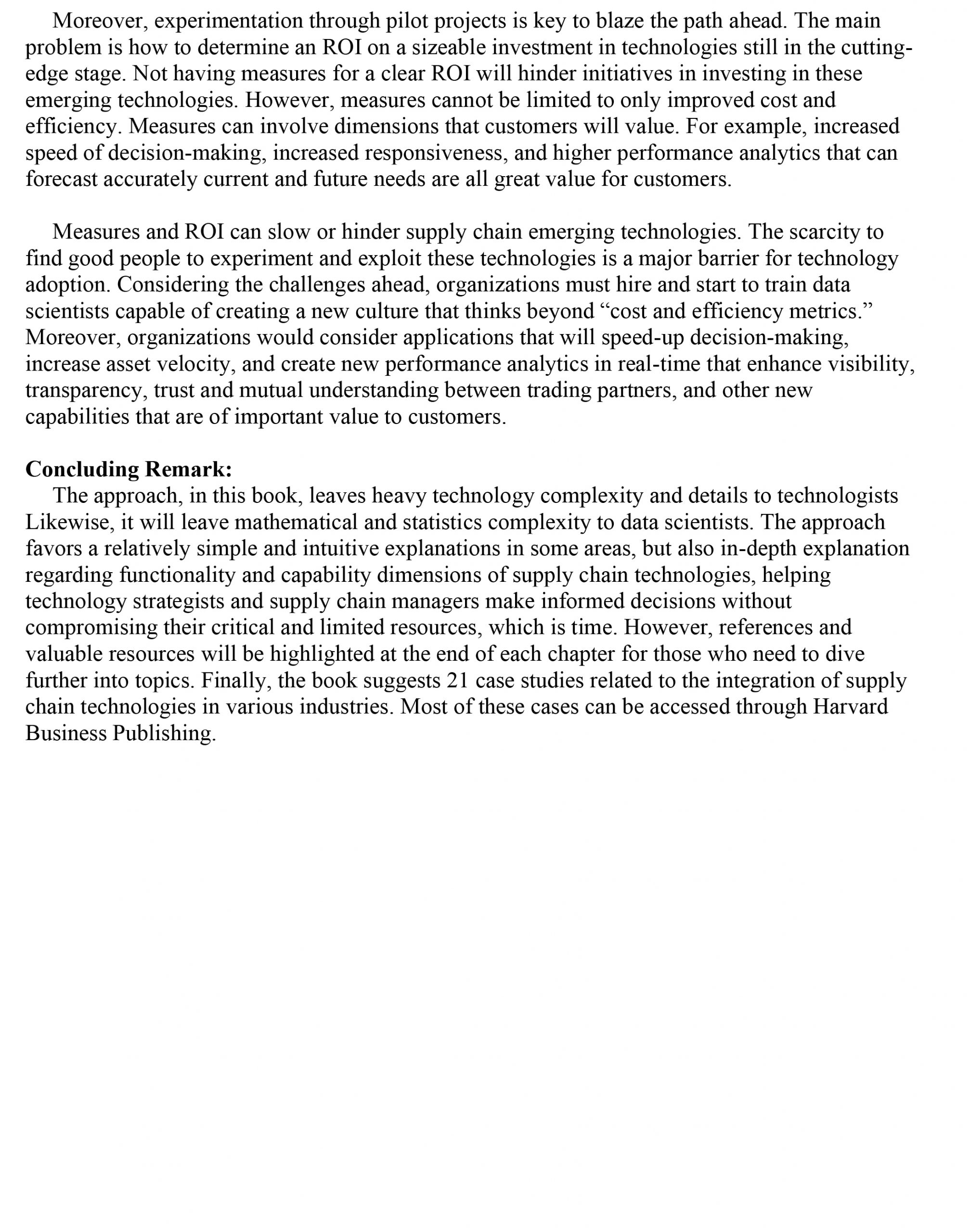
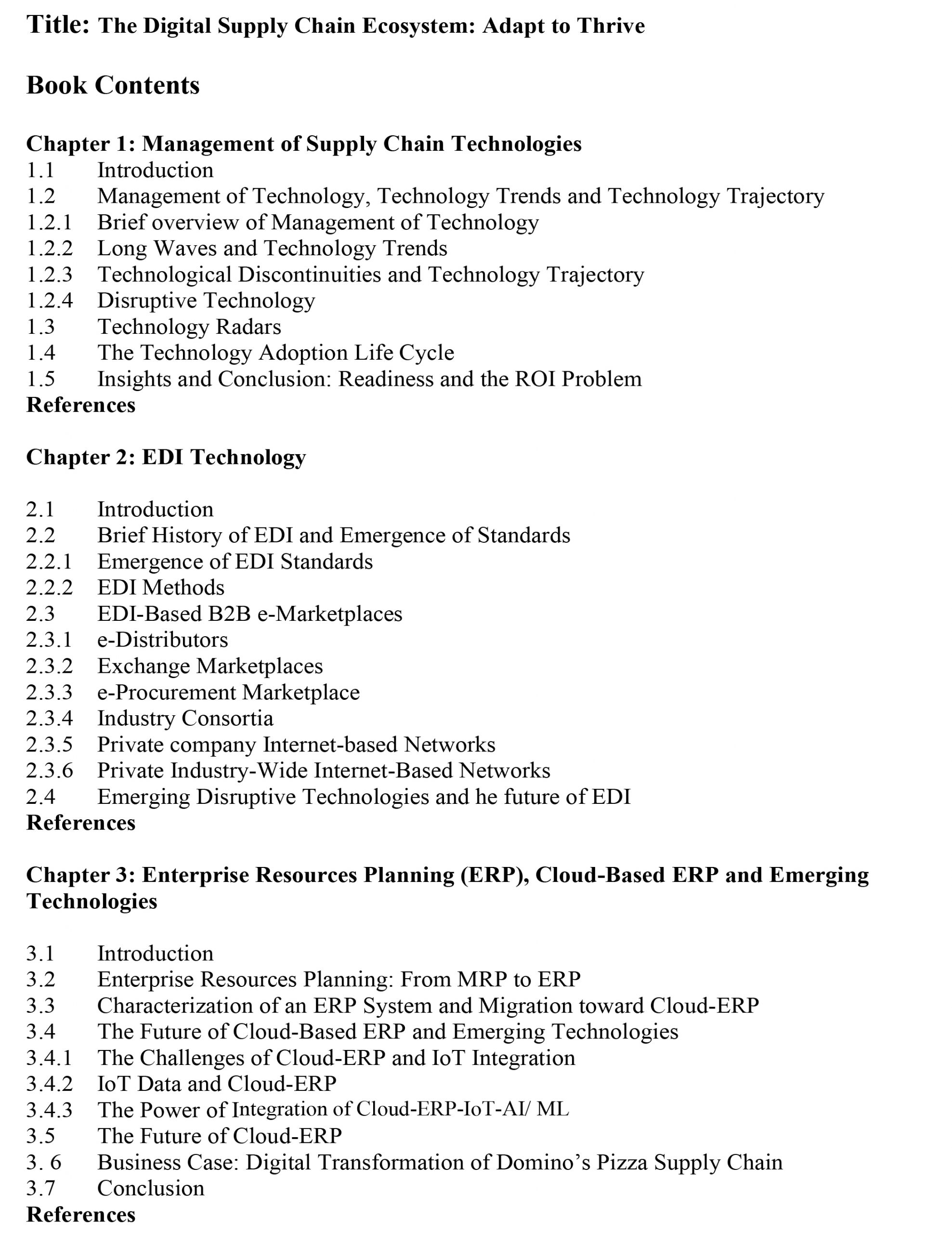
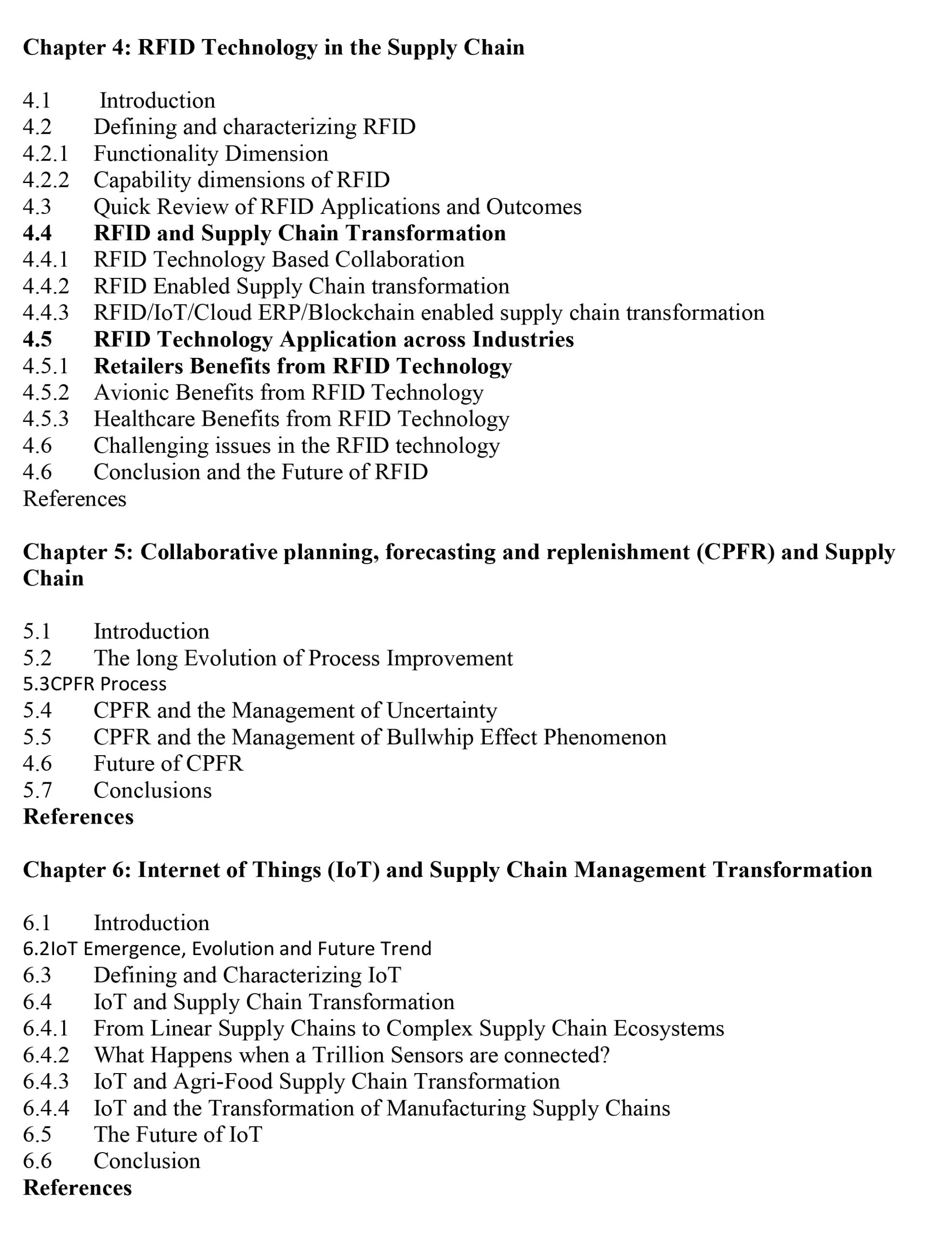
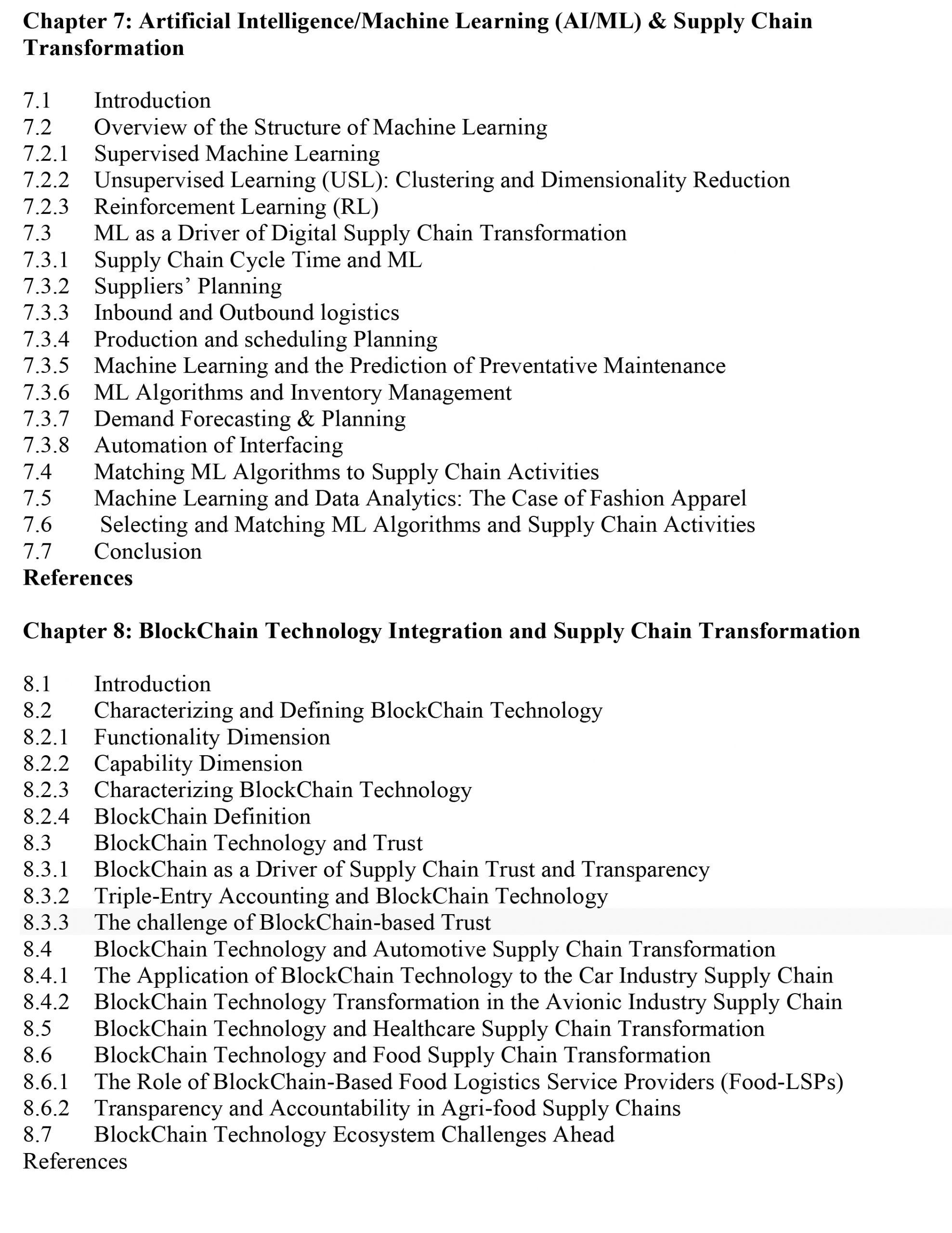
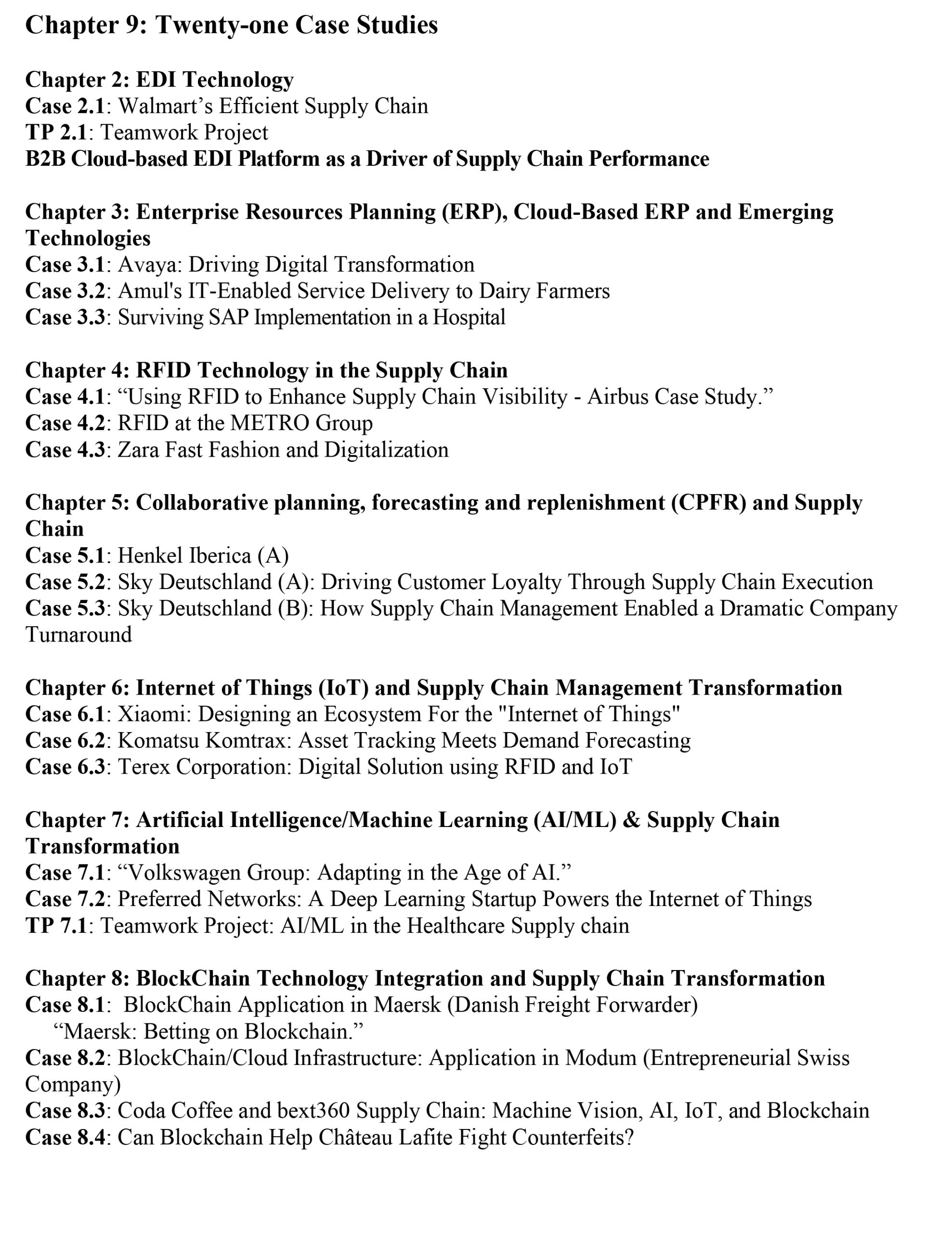
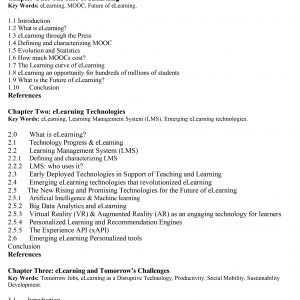





Reviews
There are no reviews yet.